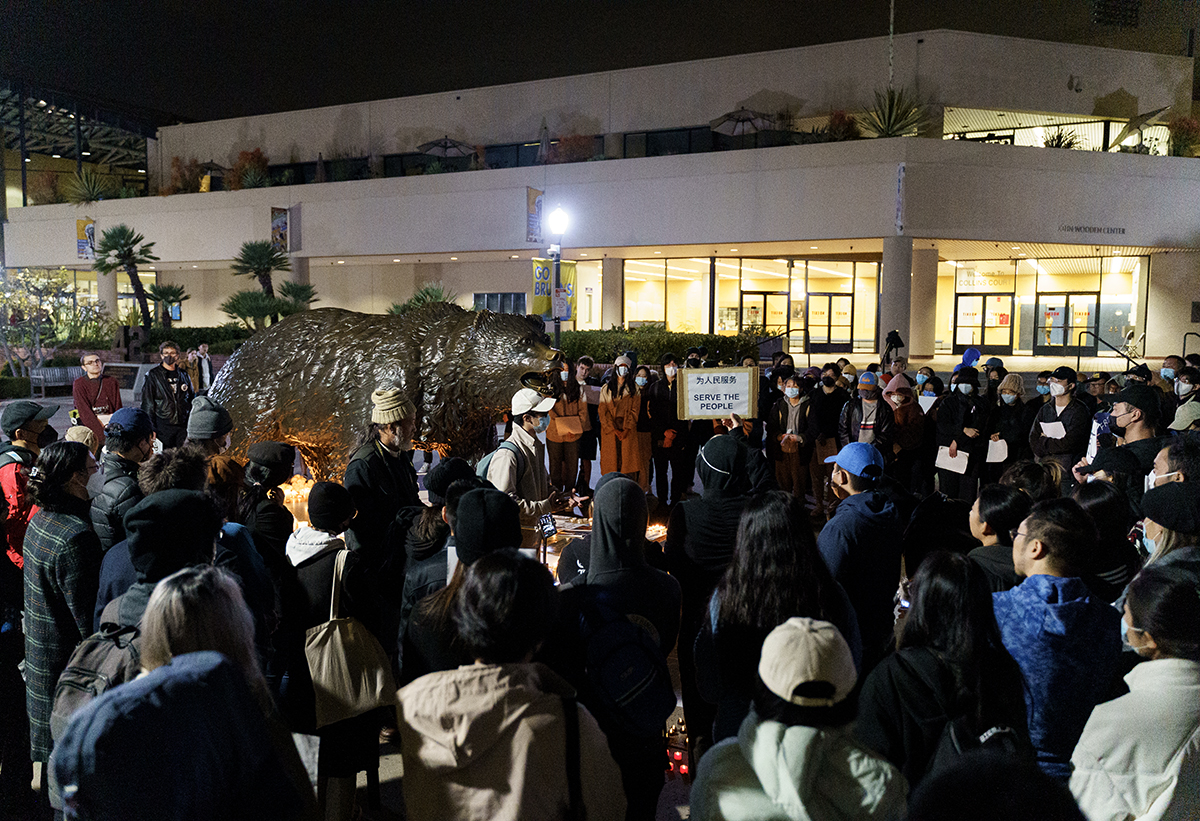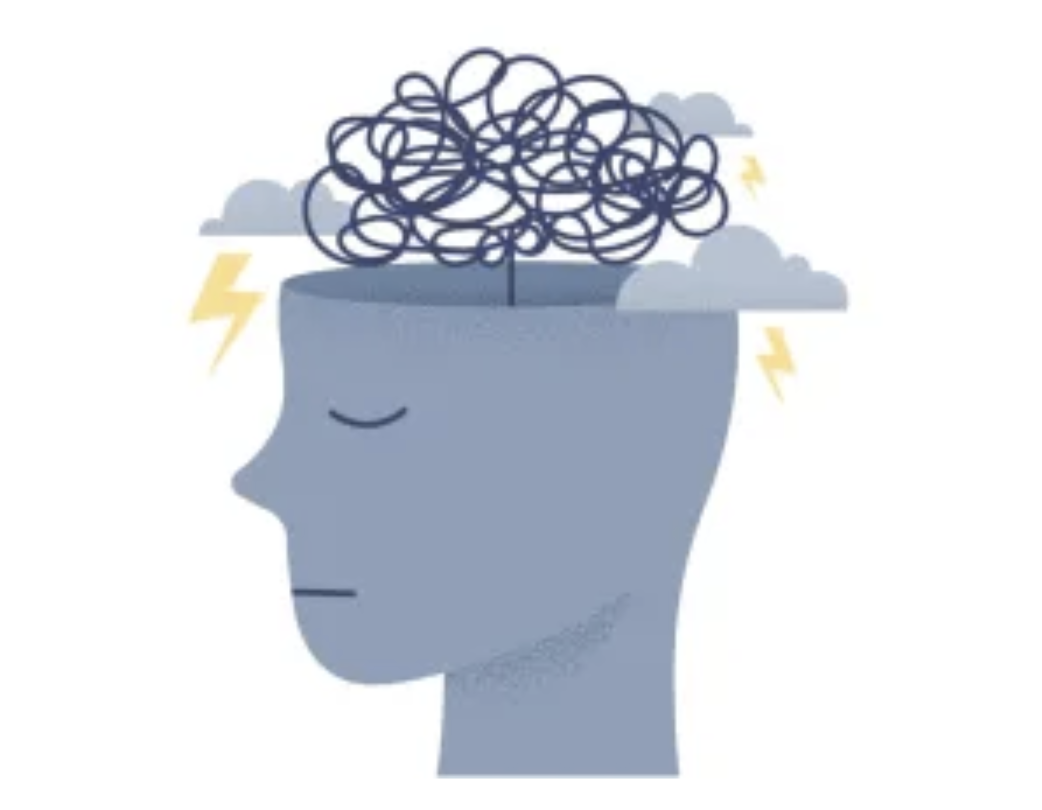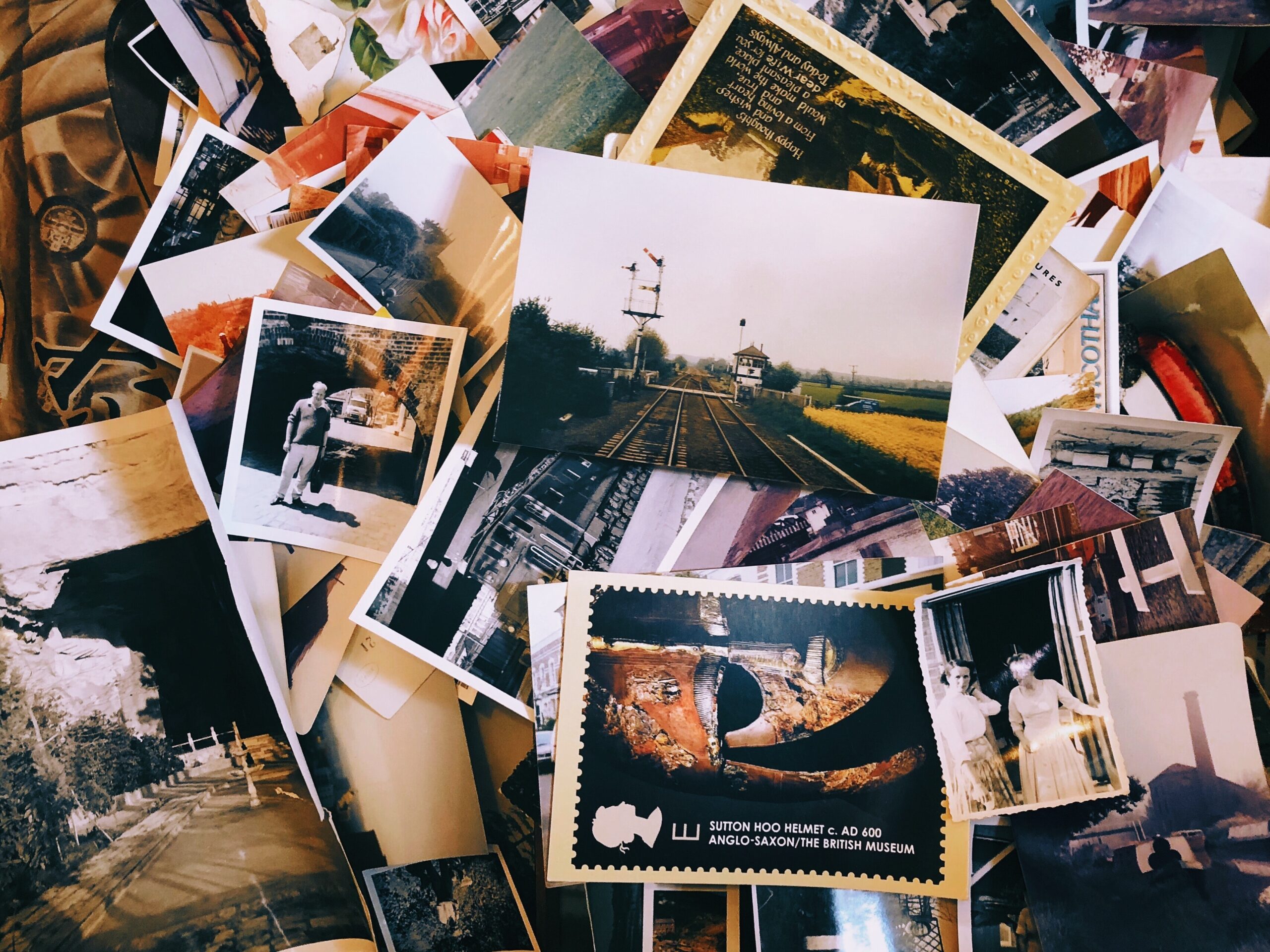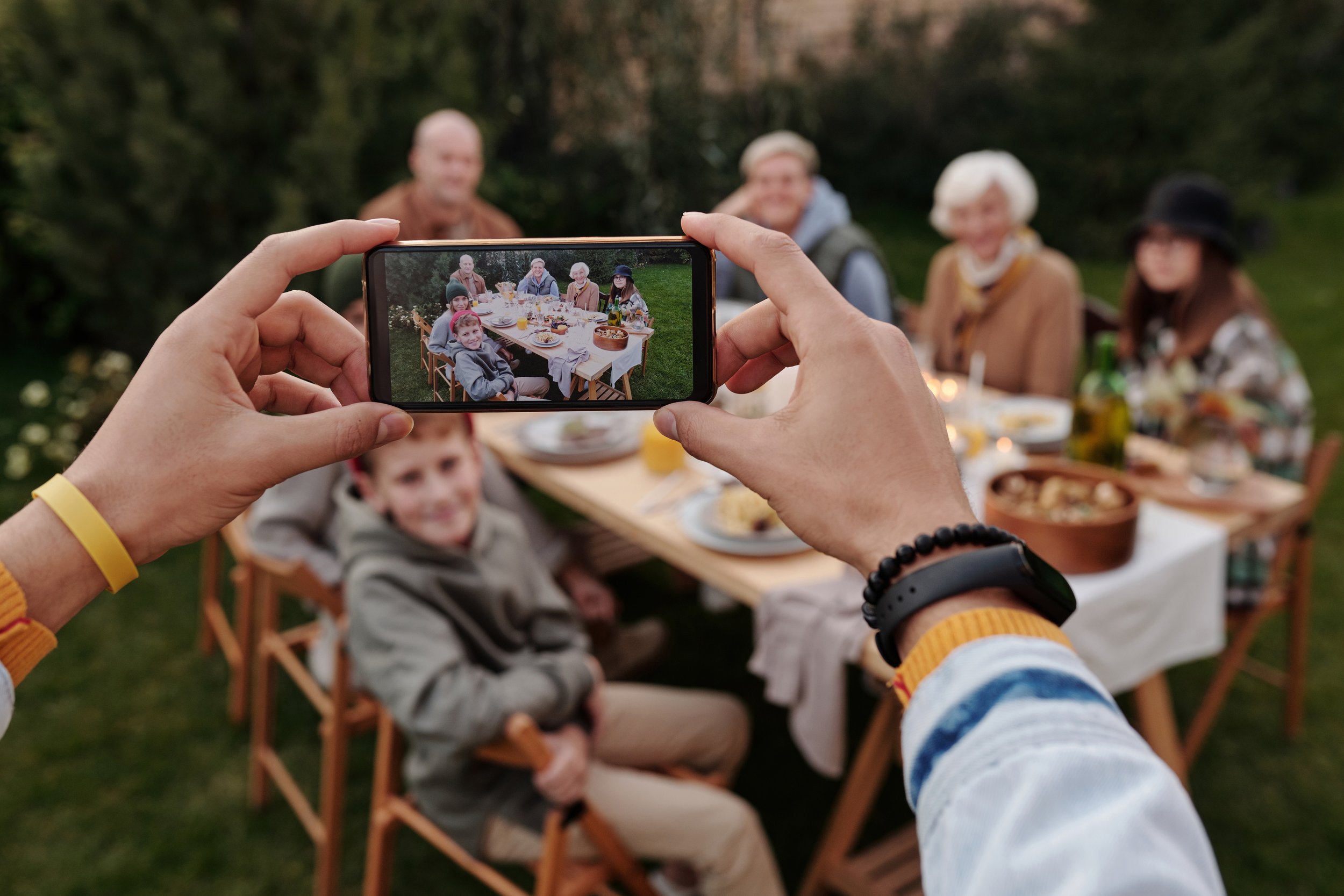-
Analogy-Based Learning in the Classroom: Implementing Strategies to Promote Conceptual Understanding and Performance

In this article, I discuss four principles of analogy-based learning and teaching in the classroom that are crucial for students’ success in analogical reasoning.
-
Remembering History: The Personal Lens of Collective Events

How do we remember pivotal moments in history, and why do they feel so personal? By researching the psychology of memory, such as the phenomena of flashbulb and collective memories, we can better understand how cultural, emotional, and biological factors shape our recollections of the past.
-
Trauma and the Brain: How Childhood Experiences Affect Your Memory

This article delves into the profound impact of traumatic childhood experiences on an individual’s cognition and memory. It discusses how childhood trauma can lead to memory retrieval problems, such as dissociative amnesia, and impairments in working memory, emphasizing the need for effective interventions and therapeutic approaches to assist survivors in improving their mental well-being.
-
Facial Recognition in Humans Versus Artificial Intelligence: When Are We Wrong?

Every day, we encounter numerous faces of diverse genders, ages, and races, and our ability to identify them accurately is crucial. Recognizing the limitations of both human and Artificial Intelligence facial recognition systems, this article aims to explore the causes and implications of facial recognition failures.
-
Looking Down the Memory Barrel: Does the Weapon Focus Effect Impact our Legal System?

The weapon focus effect can help us understand how people remember highly emotional events. Could this change how we think about eyewitness testimony?
-
What Neural Networks Put Second: Categorization Models as a Window into the Nature of Memory

What do older cognitive models of categorization tell us about memory that state-of-the-art neural networks do not? The difference between past and present is not just one of performance, but also of psychological insight.
-
Curious about Curiosity? The Mnemonic Benefits of Curiosity and Its Educational Implications

Did curiosity really kill the cat? The idiom “curiosity killed the cat” warns against the danger and misfortune that one’s curiosity can bring, but it turns out that curiosity is more beneficial than you might think.
-
A Bird’s Eye View: Using Distancing Language with Negative Memories

Why does [insert your name here] feel this way? ‘Distancing’ yourself from the situation when you reflect on negative past events might be an easy way to make you feel better. A recent study demonstrated that distanced self-talk decreased negative feelings about a wide range of memories, and across a variety of people.

